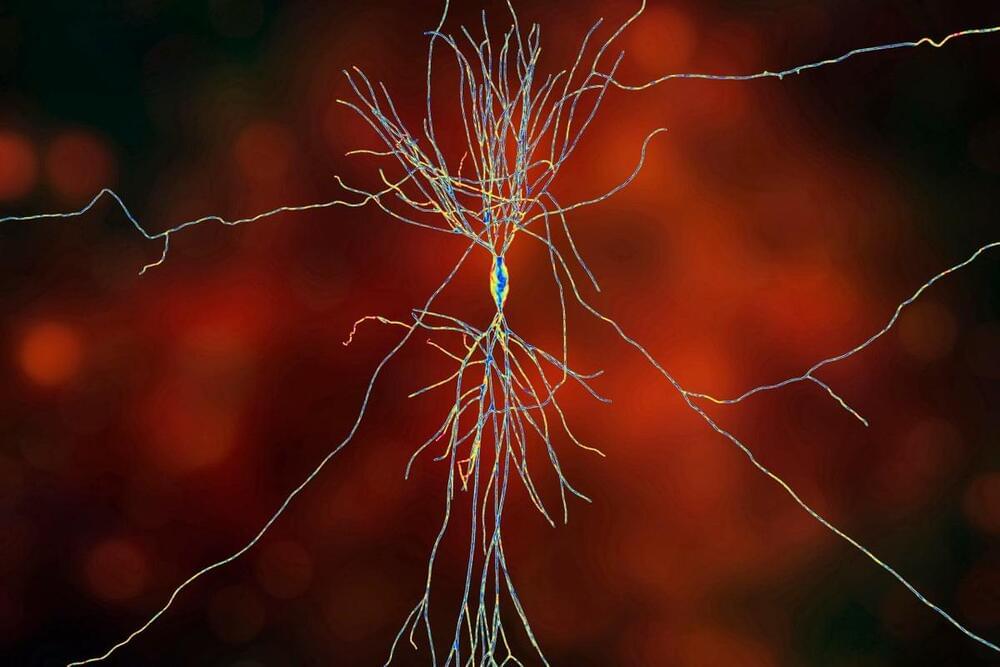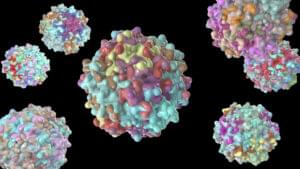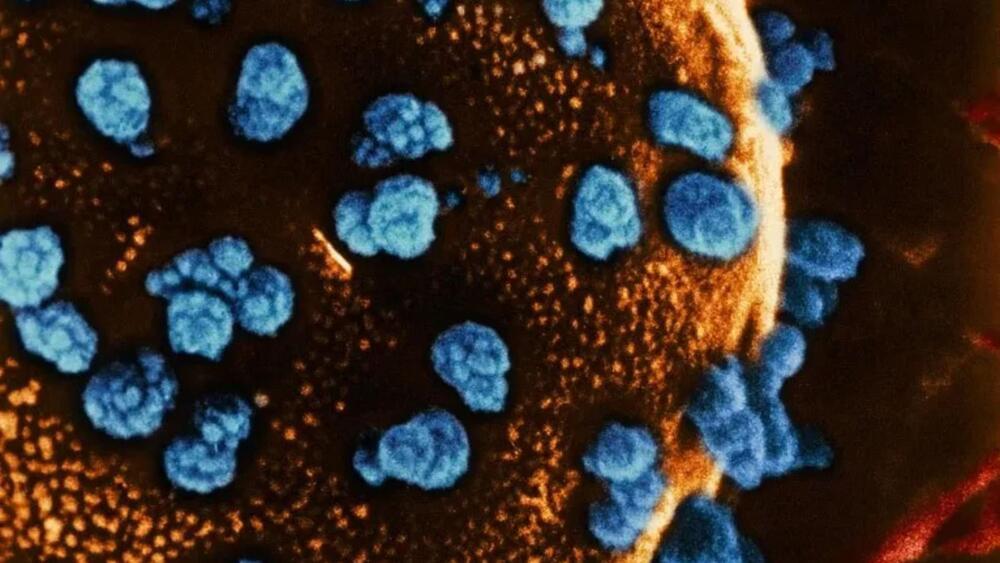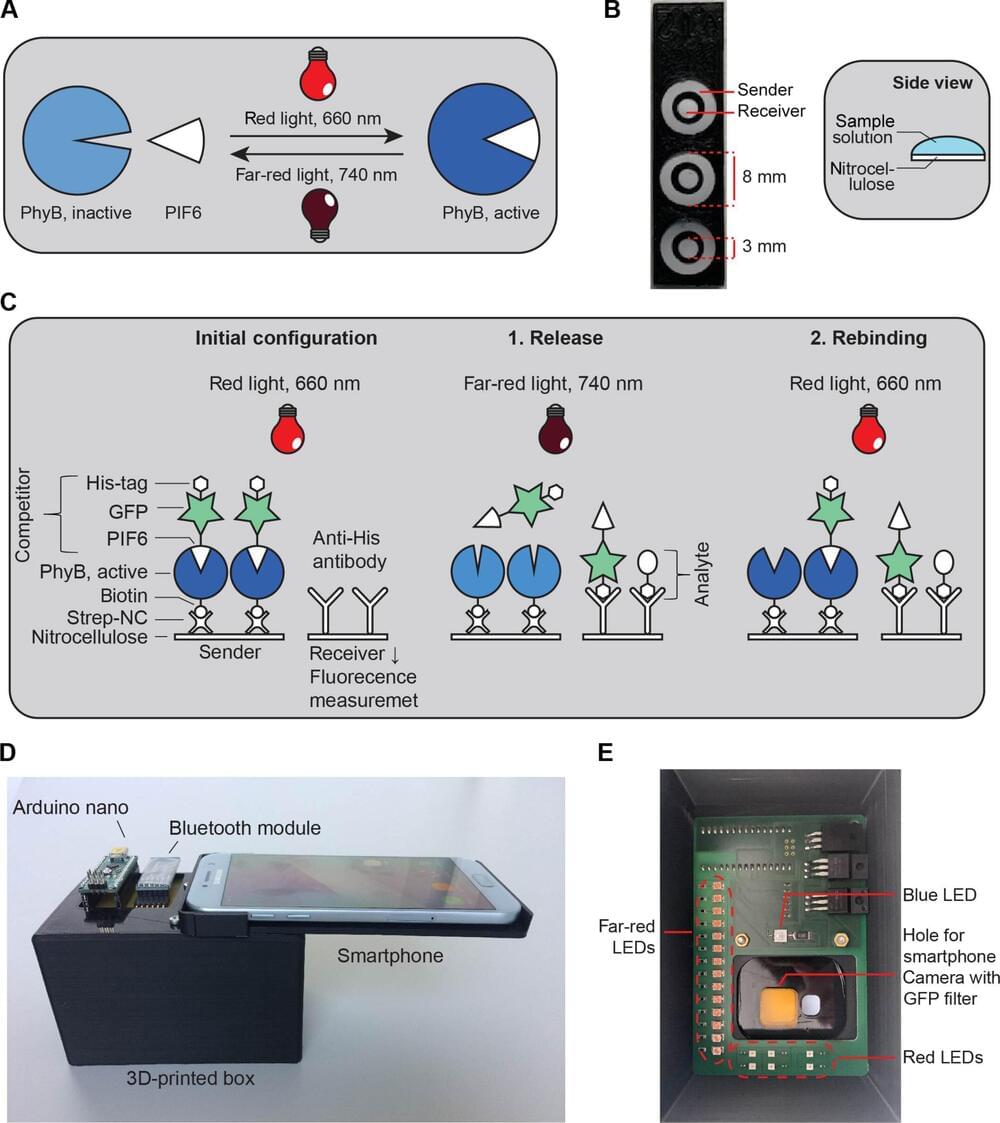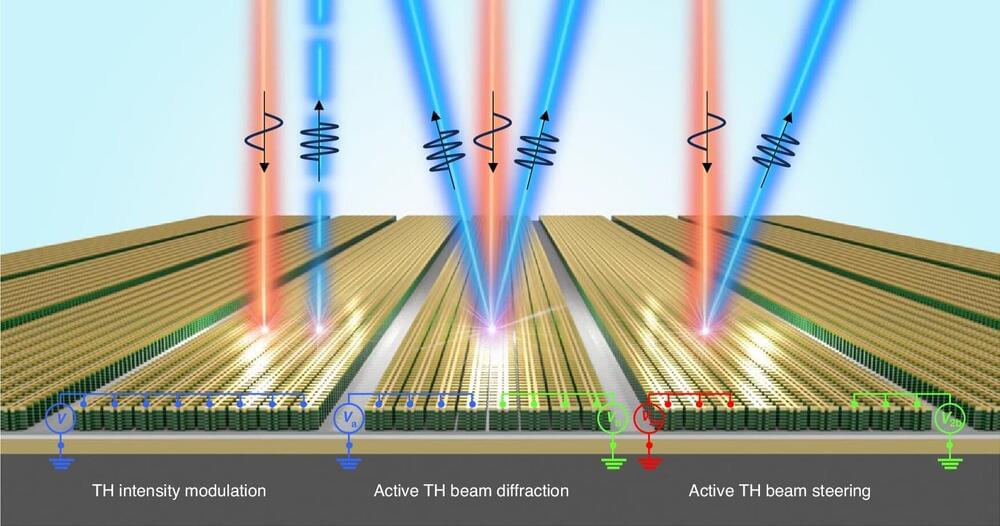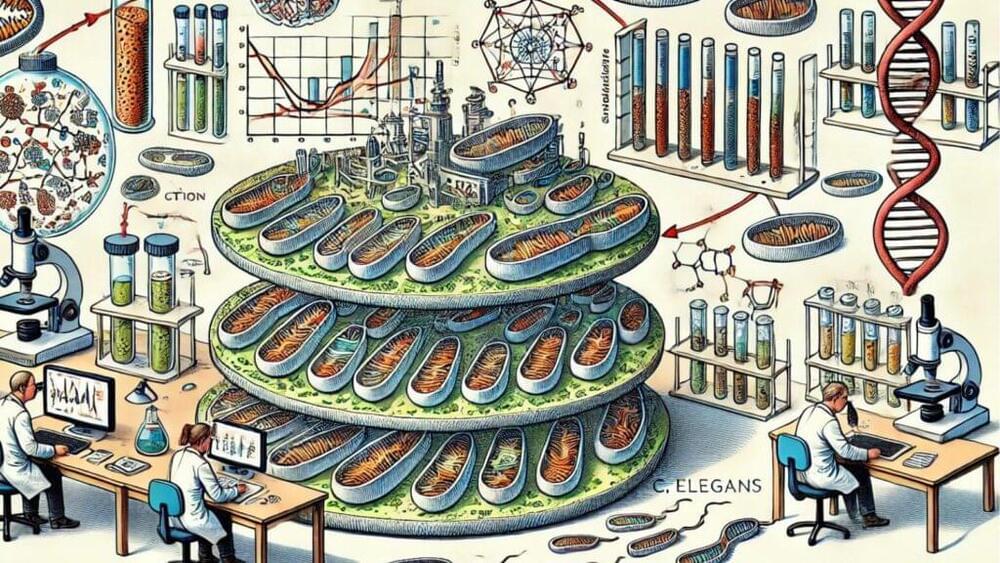
Spider silk is one of the strongest materials on Earth, technically stronger than steel for a material of its size. However, it’s tough to obtain—spiders are too territorial (and cannibalistic) to breed them like silkworms, leading scientists to turn to artificial options.
Teaching microbes to produce the spider silk proteins through genetic engineering is one such option, but this has proved challenging because the proteins tend to stick together, reducing the silk’s yield. So, Bingbing Gao and colleagues wanted to modify the natural protein sequence to design an easily spinnable, yet still stable, spider silk using microbes.
The team first used these microbes to produce the silk proteins, adding extra peptides as well. The new peptides, following a pattern found in the protein sequence of amyloid polypeptides, helped the artificial silk proteins form an orderly structure when folded and prevented them from sticking together in solution, increasing their yield.
